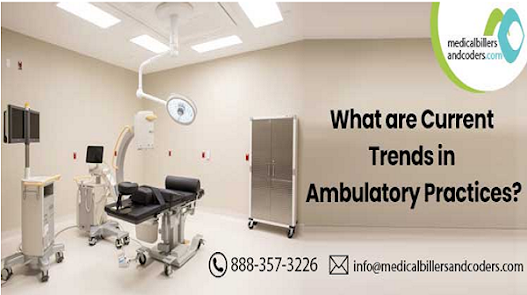Streamline Your Ambulatory Billing with MBC
Ambulatory billing refers to the process of generating and submitting accurate claims for services rendered at ambulatory surgery centers. In the rapidly evolving landscape of healthcare, ambulatory surgery centers (ASCs) have gained significant prominence as a cost-effective and efficient alternative to traditional hospital-based care. As the demand for ASCs continues to grow, it becomes crucial for ambulatory owners to optimize their revenue cycle management processes, particularly ambulatory surgical center billing. This blog aims to shed light on the importance of Ambulatory Surgical Center Billing and the benefits of outsourcing these services to a reliable medical billing company like Medical Billers and Coders (MBC) . Understanding Ambulatory Billing It involves coding procedures, documenting medical necessity, verifying insurance coverage, and ensuring compliance with regulatory guidelines. A well-executed ambulatory billing process is essenti...



